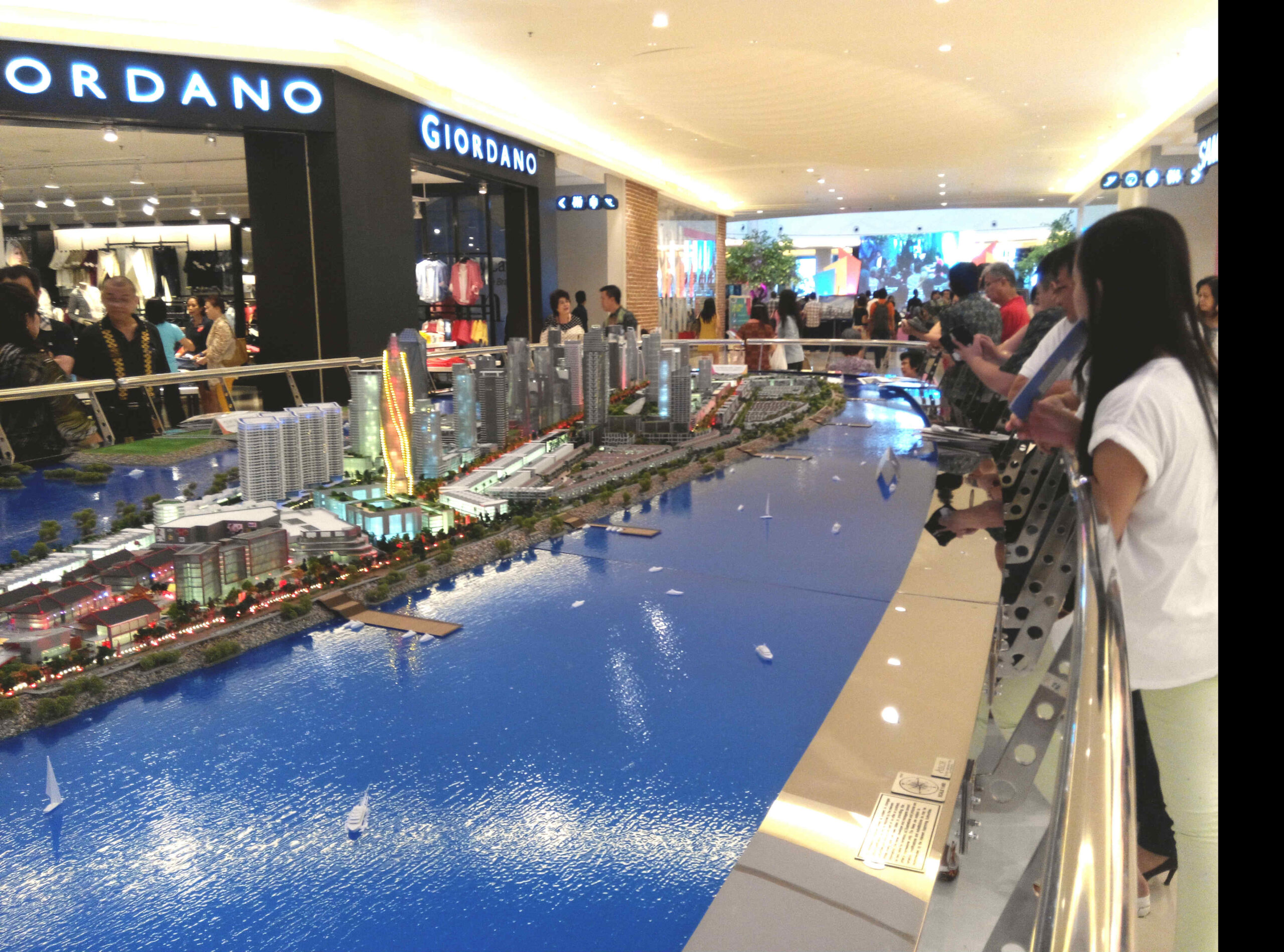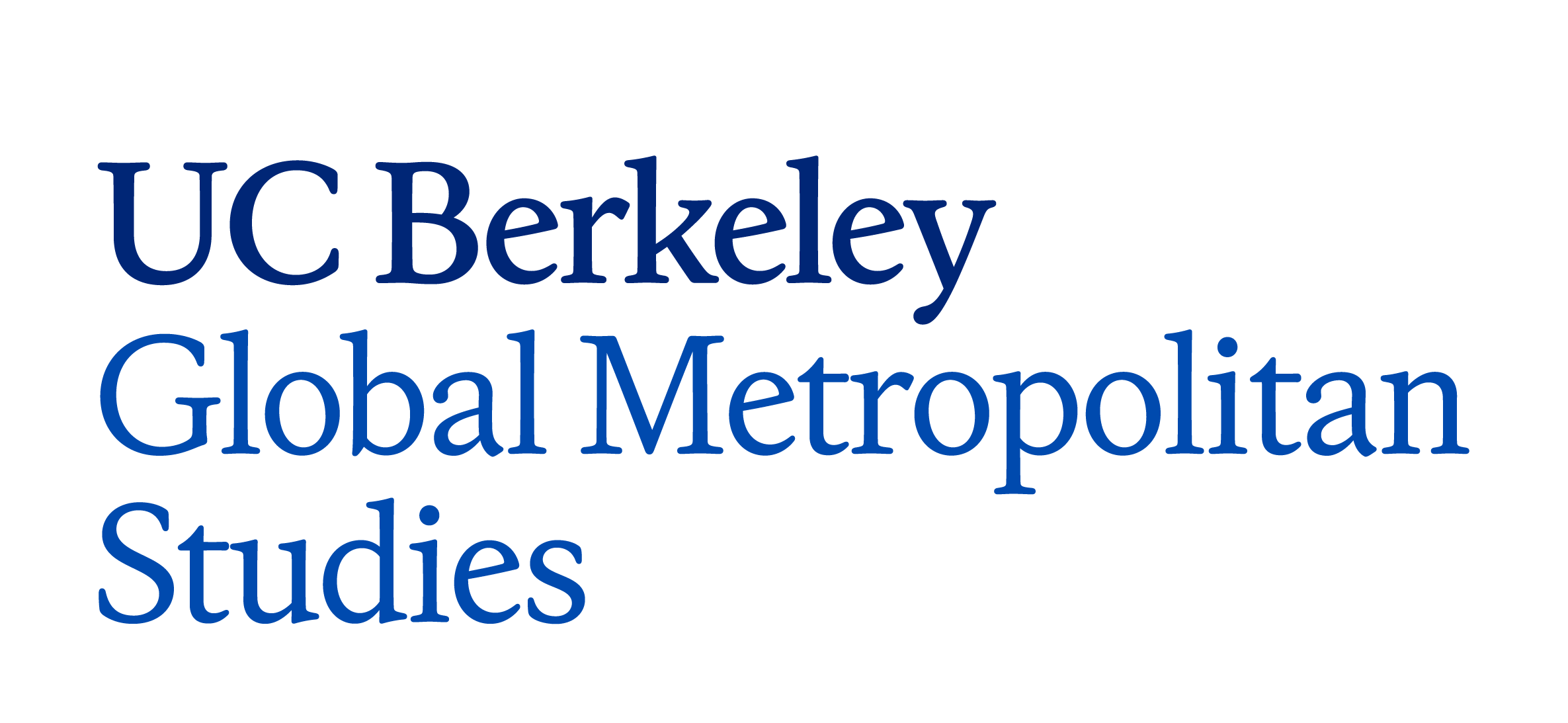In the early 1980s, new real estate magnates began building suburbs, or new towns, and an emergent middle class began purchasing tract housing and spending their free time in malls. As the finance economy grew in the late 1980s and early 1990s, city planners strategized new ways to open up central city land markets, ushering in new territorial strategies and opening up new land markets in the kampung (“urban villages”) and state-owned lands. Developers moved the suburban real estate model to the center of the city, as all-inclusive real estate products called “superblocks,” modern campuses of middle-class residences, office towers, and malls. Raising money through residential “presales,” developers enlisted the investment of middle-class residents, often directed at the perceived wealth and desires of ethnically Chinese families. The new urban enclaves that continue to be constructed around Jakarta also enabled new geopolitical identities for the city and the nation, and the discourse of Asian “global city” rose in the political economy of real estate development. In this dissertation, I argue that speculating developers, politicians, planners, and families alike were critical in transforming the city by building and inhabiting these architectural spectacles of middle class living and corporate finance. However, the territorialization of the city resulting from this development has also transformed Jakarta into an archipelago of urban enclaves, a city characterized by islands of wealth and commerce, and the traffic and floods that impede flows between these islands.
Future Islands: Speculation and the Making of the Middle Class Modern in Jakarta

